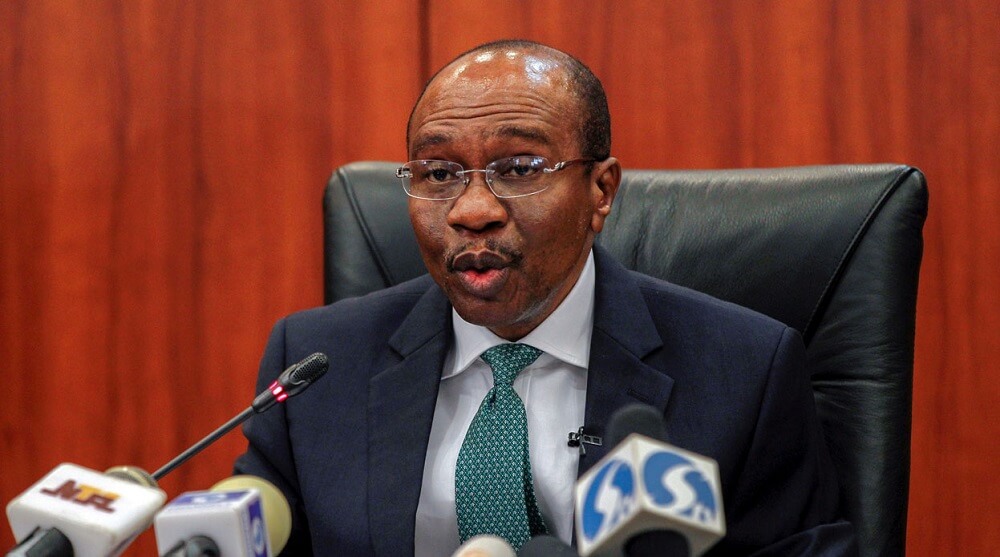Over $50bn Investments Attracted Through CBN Forex Windows—-Emefiele
Over $50bn investment has been attracted by the Central Bank of Nigeria within the last three years through its Investors and Exporters (I&E) Forex window
The CBN Governor, Mr Godwin Emefiele, said this on Monday in Abuja at the opening of the regional course on Exchange Rate Regimes and Policies.
Advertisement
The event was organised by the West African Institute for Financial and Economic Management.
The I & E foreign exchange window was created by the apex bank to enable investors and exporters to purchase and sell foreign exchange at the prevailing market rate.
Emefiele who was represented by Mrs Omolara Duke, Deputy Director of the Monetary Policy Department of the CBN, explained that the objectives of CBN’s exchange rate policy in Nigeria were to preserve the value of the domestic currency, maintain a favourable external reserves position and ensure external balance without compromising the need for internal balance and the overall goal of macroeconomic stability.
He added that for emerging developing economies like Nigeria where the demand for imports remains high, an appropriate exchange rate regime is required to safeguard capital outflow and ring-fence the external reserves.
Advertisement
He said, “The thrust of exchange rate management by the Central Bank of Nigeria is to allow the market system to determine the exchange rate parity in an efficient manner devoid of the activities of speculators and rent-seekers.”
Also speaking, the Director General of WAIFEM, Dr Baba Musa, said the concentration of attention on the exchange rate is not far-fetched as exchange rates affect cross-border economic transactions.
Musa added that as much as international economic integration involves increased exposure to international financial and commercial flows, it heightens the concerns of those involved or exposed to international trade and finance.
He said, “Trade, investment, finance, tourism, migration, and many more are all profoundly influenced by international monetary policies, and again as economies become globalized more firms, investors, and workers find their fortunes linked to the exchange rate, and its impact on trade and financial flows.
“Many developing-country governments have searched for alternatives to the uncertainty that can prevail on international Currency markets.
Advertisement
“If governments opt to sustain an independent monetary policy, they must allow their currencies to float. These constraints mean that the economics and politics of monetary and exchange rate policy are likely to be very different in an open economy than an economy that is not.”



